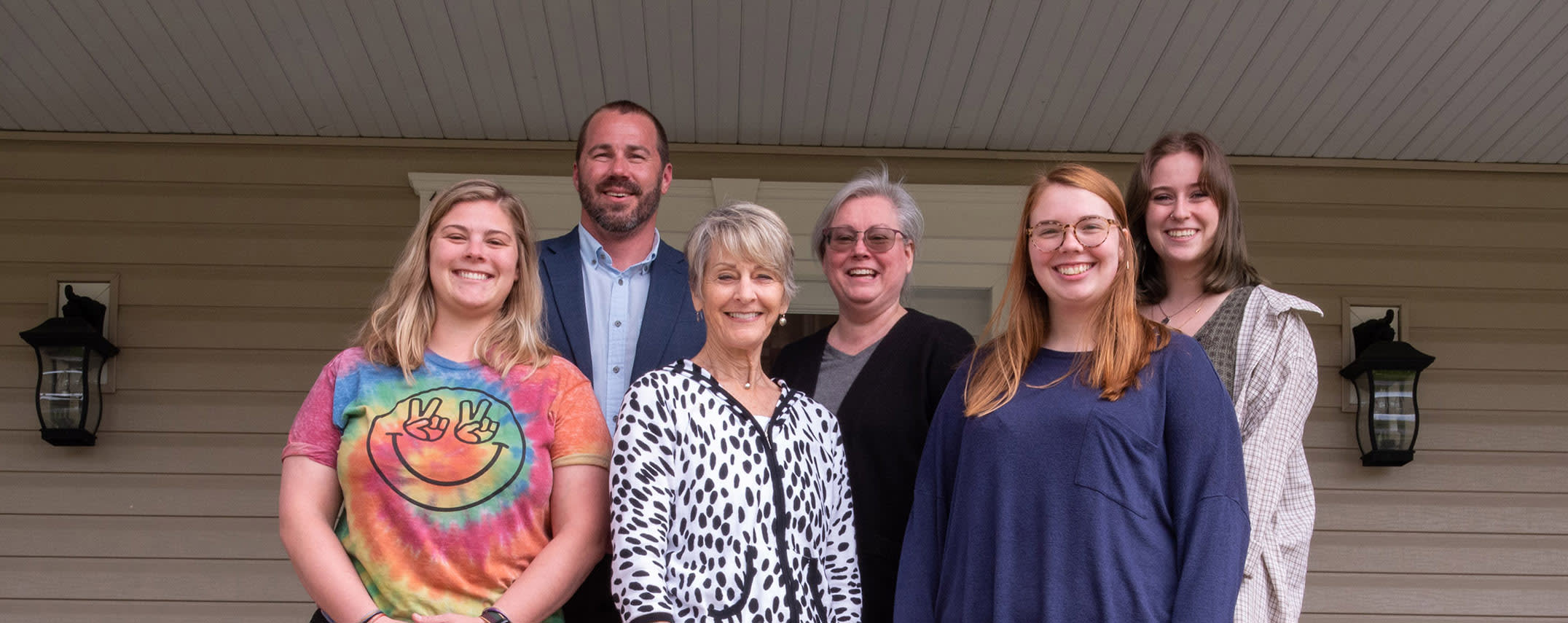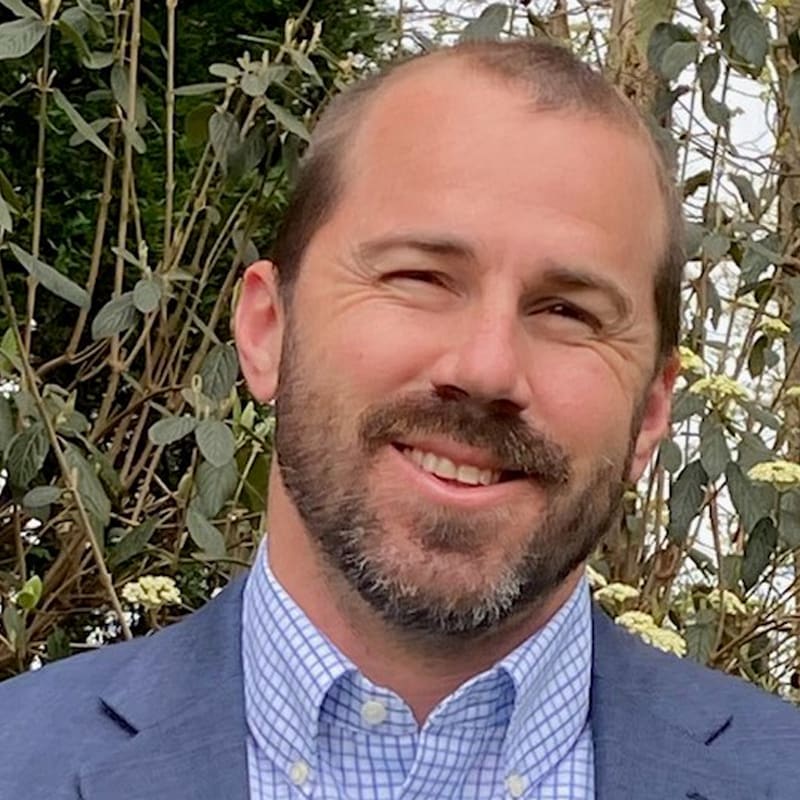IN CASE OF EMERGENCY, individuals in crisis should call FRONTIER HEALTH’S CRISIS RESPONSE TEAM OR 911. Frontier’s Crisis Response Team fields any mental health emergency calls students need to make after hours. Please call 877.928.9062.
Mission
The Counseling Center’s mission is to provide professional, short-term, mental health counseling services at no cost for Milligan University students, faculty and staff as a way to further enhance Milligan University’s Christian community of caring by providing a level of professional care that promotes emotional well-being, spiritual growth, academic success, multicultural diversity and healthy interpersonal relationships. The Milligan Counseling Center mission statement supports the University’s mission: As a Christian liberal arts institution, Milligan University seeks to honor God by educating men and women to be servant-leaders.
- Provide counseling and/or referrals for personal and academic concerns for the University community.
- Direct individuals in crisis intervention/emergency to the proper sources of care available to the Milligan community (e.g., Frontier Health Crisis Response Team).
- Support learning and retention of students through appropriate treatment and/or referral.
- Focus on areas of prevention on campus through education, communication and crisis intervention strategies.
The Milligan University Counseling Center offers campus-sponsored counseling services for students, faculty and staff. Some concerns that can be addressed by the counseling center are:
- Test anxiety and stress management
- General anxiety and fear
- Depression
- Family concerns
- Relationship concerns
- Addictions
- Spirituality
- Adjustment issues
- Premarital Counseling
- Personal Wellness
Everyone can benefit from counseling at some point in their lives. Individuals may need counseling if a problem at school, work, home, or in personal relationships is causing stress significant enough to interfere with normal functioning. Students, faculty, and staff may also pursue counseling for personal growth and development, such as pre-marital counseling or personal wellness.
The Milligan University Counseling Center offers a safe environment for students, faculty, and staff to confidentially work through personal issues; the goal is to reach a positive outcome when the counseling relationship is complete. In addition, the Milligan Counseling Center provides invaluable practicum and internship training for Master of Science in Counseling students. This experience helps prepare graduate students for licensure as professional counselors.
The Milligan Counseling Center is offered at the Taylor-Phillips House (next to soccer field), second floor. Counseling services are available by appointment only.
Counseling services are offered at various times throughout the week (Monday through Friday). The Milligan Counseling Center is not set up to accommodate walk-ins. Clients (students, faculty, and/or staff) should schedule appointments to ensure that they are seen in a timely manner and that the Counseling Center staff is available to assist them. Individuals are instructed to call the Milligan Counseling Center at 423.461.8500, which is available to log telephone messages 24/7. Phone calls will be returned within one business day with the exception of weekends (Saturday and Sunday) and holidays, in which case phone calls will be returned by the end of the next business day.
By appointment. Please call 423.461.8500 or email.
The Milligan Counseling Center is equipped to provide short-term counseling services without charge.
In addition to the services provided for undergraduate and graduate students, faculty, administration, and staff, the following community mental health agencies offer a broad range of services and clinicians for excellent mental health care:
GracePointe Counseling Center
214 E Mountcastle Dr. #1
Johnson City, TN 67601
423.283.4958
Hours: M-F 10 a.m – 8 p.m., Sat 9 a.m. – 5 p.m.
Payment Info: $90/65
The Journey Center for Healing Arts, PLLC
2700 S. Roan St., Suite 435
Johnson City, TN 37601
423.408.8041
Hours: M-F 10 a.m. – 6 p.m.
Crisis Stabilization Unit (CALM Center)
208 Unaka Ave.
Johnson City, TN 37601
423.928.9062
Crisis Number: 877.928.9062
Hours: Available 24 hours a day
Thriveworks
100 5th St., #310
Bristol, TN 37620
423.822.5099
Hours: M-F 7:30 a.m. – 9 p.m., Weekends 8 a.m. – 5 p.m.
Summit Counseling
217 East Market St., Suite 100
Johnson City, TN 37601
423.207.3336
referrals@summitcounselingtn.com
Seed of Hope Counseling
108 East Main St., Suite 210B
Kingsport, TN 37660
423.530.7042
sohcounselingtn@gmail.com
Private Practice Options:
Brian Scott, 423.283.6168, bscottpc@gmail.com
Doug Fox, 423.502.4158

The Milligan Counseling Center is ready to help. To get started click the button below to contact the counseling center’s staff.
Counselor Conversations
September is Suicide Prevention Awareness Month, and James McDonald speaks with Dr. Christine Browning, professor of counseling, on suicide prevention awareness.
James McDonald discusses the intersection between mental health and spirituality with Campus Minister Rich Aubrey.
James McDonald sits down with Taylor Street, second year graduate student and student therapist, to discuss healthy friendships and how to form healthy friendships.
James McDonald speaks with Dr. Rebecca Sapp, Director of the Master of Science in Counseling Program, to learn who can use the Counseling Center, where it is located, and what services are provided.
James McDonald sits down for a Counseling Conversation with Dr. John Paul Abner, professor of psychology and occupational therapy, to discuss best practices for learning and study habits.
Policy Regarding Suicide Threats or Attempts
In those cases where a student poses a threat of harm to self or the University community, the following measures will be taken to assure the well being of the individual and/or the campus community.
- In case of emergency, medical assistance will be rendered at local hospitals.
- At that time, medical/mental evaluation will be conducted by resident professionals associated with the hospital who will recommend a course of immediate action.
- Before being allowed to attend classes the student will furnish to the University a written evaluation performed by a licensed psychiatrist/psychologist, indicating the emotional and mental stability of the student. The evaluation must be presented to the Dean of Students within five days of the incident. At that time a review committee composed of the evaluating psychiatrist/psychologist, The Dean of Students, a counselor from the University, and the Residence Hall Director (if an on campus student), shall determine the advisability of the student remaining in school. Should the consultation recommend continuation, it must include a program of ongoing counseling service with appropriate professionals. Costs of such services are the responsibility of the student. To continue in school, a dependent student must have a written statement of parental/guardian consent acknowledging awareness of the incident and indicating a desire for the student to continue enrollment. In addition, a Release of Information agreement must be on file with the counselor and the Dean of Students to permit an exchange of information relevant to the student’s emotional and physical health. Regular progress reports and confirmation of counseling appointments must be provided until such time as the counselor releases the student from therapy. Should the initial consultation recommend discontinuation of enrollment at the University, an administrative withdrawal will be imposed and the student must leave campus within 24 hours. Refunds of tuition, room, board, and fees will be made in accordance with the policy as stated in the University catalog regarding withdrawal due to medical reasons.
- Refusal to comply with these guidelines following a threat of harm to self or the University community shall be grounds for immediate dismissal.




